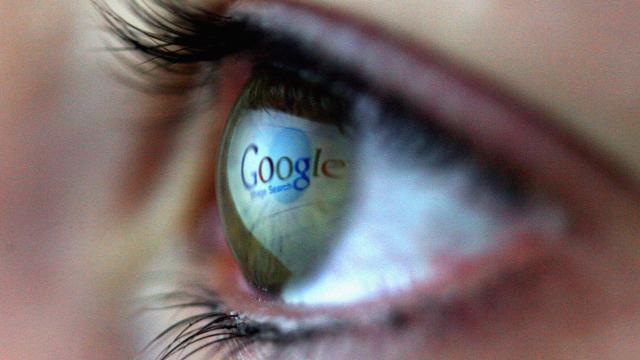On Thursday the Australian Competition and Consumer Commission (ACCC) rose some concerns about Google’s acquisition of Fitbit. The consumer watchdog thinks the amount of data the tech giant will have access to could negatively impact product competition within Australia.
Google buys Fitbit
News of Google’s acquisition of Fitbit first broke in October 2019 and became official in November. And it wasn’t surprising. The tech industry had been waiting years for Google make a proper move into the wearables market. While there had been rumours of a Pixel Watch, it never materialised. Instead, it bought Fitbit, which is 5th in the wearable market according to IDC stats from Q1 2019. The company sits behind Apple, Xiaomi, Huawei and Samsung.
This puts Google in a strong position, which has the ACCC concerned about about fair competition. Google already has a lot of user data information. FitBit adds another decade of health and fitness data on top of that.
“Our concerns are that Google buying Fitbit will allow Google to build an even more comprehensive set of user data, further cementing its position and raising barriers to entry to potential rivals,” ACCC Chair Rod Sims said in a statement.
“Past acquisitions by Google, of both start-ups and mature companies like Fitbit, have further entrenched Google’s position. The access to user data available to Google has made it so valuable to advertisers that it faces only limited competition.”
ACCC thinks it could impact the competition
The ACCC has said that it’s concerned that Google will favour its own wearables when it comes to supplying services .
“Many third party wearable manufacturers rely on access to one or more of these Google products. The ACCC is concerned that the acquisition of Fitbit may provide Google with the incentive to foreclose or otherwise inhibit access to
some of these products in order to increase the sales of its own wearables at the expense of its rivals,” the ACCC’s statement of issues said.
What the ACCC is talking about here is software access. Google could, theoretically, limit or cut off access to the likes of WearOS, Google Maps and the Google Play Store to the competition. This would mean that if customers wanted these Google-controlled services on a smartwatch or wearable, they would need to buy one from it.
A good, though contextually different, example of this is the Huawei trade ban. Newer Huawei devices can’t use the Play Store or even Google apps (plus many other American-owned ones) in its own App Gallery. The same goes for Google and Apple’s contact-tracing API. As a result, Huawei has seen a drop in sales in the west. People want their everyday apps regardless of the situation and will buy elsewhere if they have to.
It’s important to note here that Google did not make this choice regarding Huawei. The company is complying with U.S. law.
While we don’t know whether Google would actually limit access to other hardware, the possibility is on the ACCC’s radar. The ACCC will continue to investigate the situation with Google and Fitbit over the coming months. Its decision will be delivered on August 13, 2020.
“Our position is where there is uncertainty, especially surrounding such important markets, the ACCC must thoroughly investigate the potential for an acquisition to stymie future competition. As a competition regulator it is our job to weigh carefully the potential issues concerning data and advertising that may follow transactions such as these,” Sims said.
Fitbit has declined to comment on the ACCC’s concerns. Gizmodo Australia has also reached out to Google for comment.
